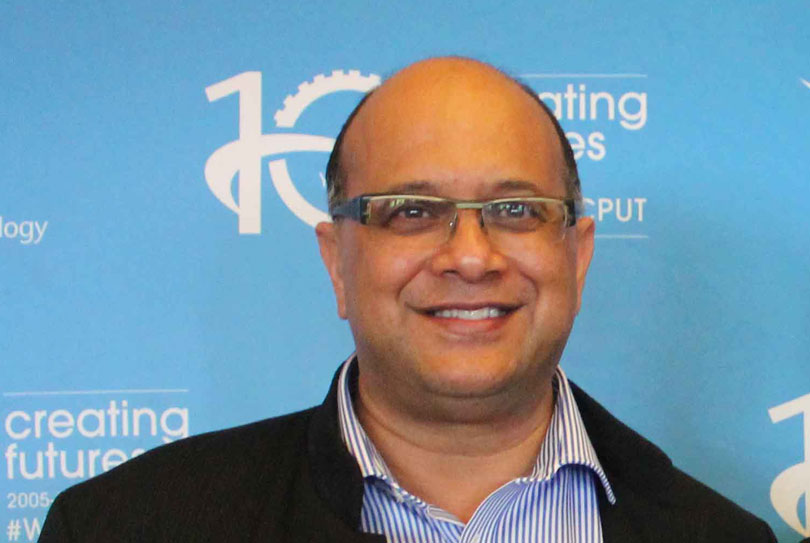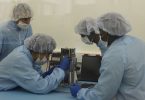The recent budget proposals tabled by the Minister are to be welcomed in education. The allocation of schoolbooks within the medium term framework is an important step towards quality education. The printing and distribution of over 170 million textbooks over the next three years to ensure that grades R to 9 receive 2 books per subject in numeracy, mathematics, literacy, language and life skills – alongside the commitment to R4.1 billion to build and support public libraries – is also important. But these investments require qualified, committed, and motivated teachers. This is why we are pleased that the tabled budget recognises the need to increase the number of qualified teachers to 10,200 by 2017/18. The provision of 3.1 billion for Funza Lushaka bursaries for teachers is a further investment in the right direction as teachers are crucial to the strengthening of an education system that promotes social cohesion through and within schools across our country.
Increasing the number of teachers in South Africa and providing more scholarships for new teachers however must be accompanied by firm measures to enhance the quality of teacher education, measures that attract the best to teach, and ensures a conducive and enabling learning environment. At the heart of education reforms must be a commitment to quality teaching and learning to ensure inclusive growth, social cohesion and learner attainment. As such, measures to finance the training of teachers must be linked to systemic and system wide issues, one of which could be developing an effective deployment system to ensure that the most able and competent teachers are in the schools that need them most. Such an environment will require the building of trust and accountability amongst education professionals, who take pride in being members of the teaching profession and who provide a service that make them agents of positive social change and transformation.
The Minister’s announcements and commitments to education and teachers in South Africa come at a time when a new education agenda is being developed internationally for post-2015 to replace the current Millennium Development Goals. This is an agenda that is shared in South Africa and that seeks to place teachers, teaching, and teacher education at the heart of a renewed focus on education quality. It is also why, as the Centre for International Teacher Education (CITE) at Mowbray Campus, we have set about doing research that addresses a series of questions about who our teachers are, where they come from, what training they receive, where they end up on graduation, what support they receive as teachers on graduation, and what impact they have on the lives of the learners they are teaching. We focus on these issues because we believe that they will lay an important foundation for critical, evidence-based dialogue about policy work that improves policy implementation in teacher education.
Professor Yusuf Sayed
SARCHI Chair in Teacher Education
Director of Centre for International Teacher Education (CITE)







